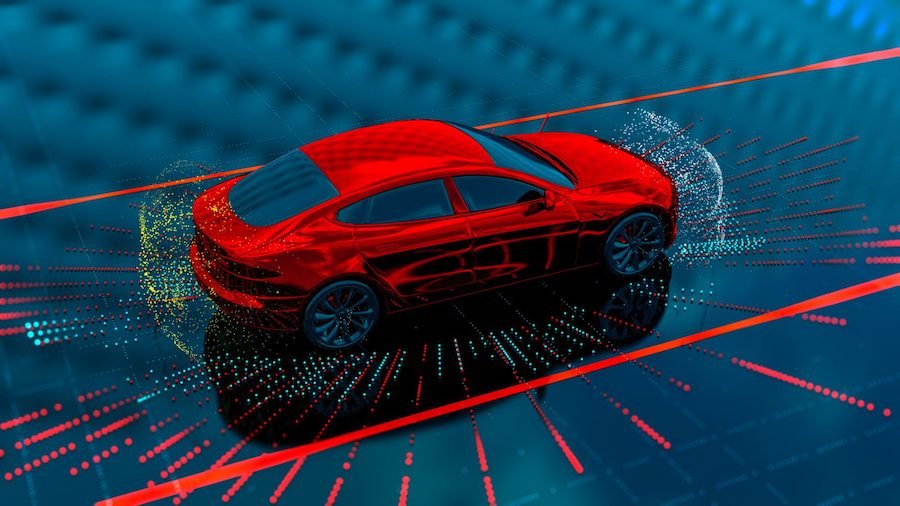Inside the industry: Will insurers pay if self-driving cars cause crashes?

Until recently, I had few qualms about ranking car insurers alongside estate agents and traffic wardens in the pits of my estimation; they were happy to take my money but less so to offer a quick and efficient service if ever I had to call upon them.
But then came a surprise: while researching a piece on the impact of electrification, connectivity and autonomy on the industry, I found that some facts were getting in the way of my prejudices. Who knew, for instance, that profit margins from car insurance sit somewhere between wafer-thin and non-existent? Many firms are present just because it offers exposure, acting as a loss-leader into other, more profitable channels.
Why don't they raise their prices, then? Well, because the market is so cut-throat and because anyone can visit a comparison website, higher pricing just results in fewer customers.
European, and especially British, drivers are notoriously disloyal come renewal time, so the majority of insurers must always battle on price. (Granted, this isn't helped by the almost-inevitable attempt at rewarding potential loyalty with a price hike more reflective of a real cost.) In the US, many drivers insure themselves with the same broker for life.
Consider also that the insurers are caught between a rock and a hard place, under intense scrutiny from the government to offer a fair deal, especially come renewal time, yet also under increasing pressure from the rising costs of repairing cars for which it has to pay.
Time was, for instance, a headlight cost £200 to buy and install; today that price has doubled, is pumped up again by LED units and can hit £10,000 for laser lights. A windscreen, around £200 in its basic form, becomes £500-plus when it needs sections cut out or adapted for sensors or cameras. And then those need calibrating by an accredited technician who needs paying. Brexit likely won't help costs, either, because many parts are imported from Europe. An electric car's battery? Upwards of £7000.
The claim when an 'automated' car hits another car? Well, there's a dilemma: today insurers cover the driver, not the car, but that will change. In theory, the insurer can then claim from the manufacturer if its tech fails, but who will prove the 'self-driving' function was at fault? The suspicion is that rather than enter a long and costly court battle for a disputed claim, insurers will find it cheaper just to carry the can. The squeeze is very real and not entirely just.
Feeling some sympathy for their plight? Maybe. But I'll be much happier when readers don't have to write in complaining of renewal hikes and illogical thinking when it comes to claiming.
Related News
